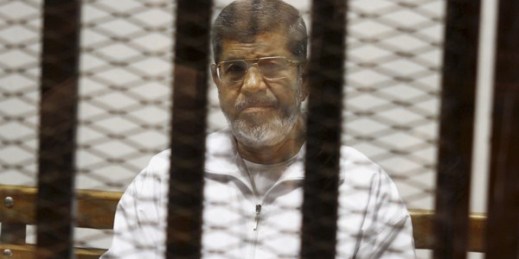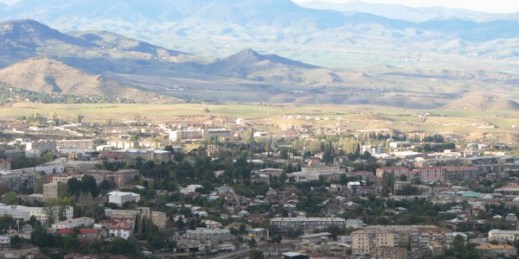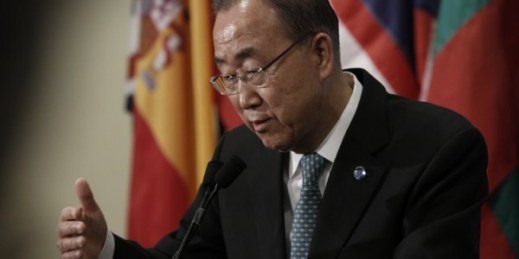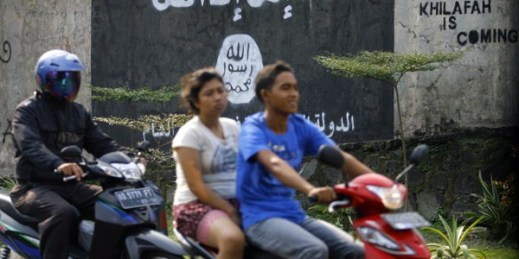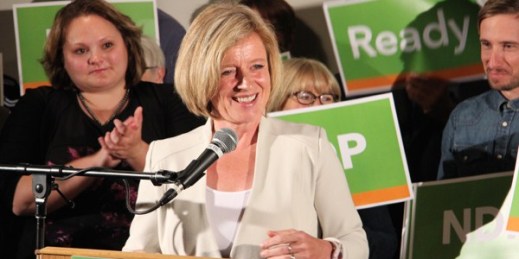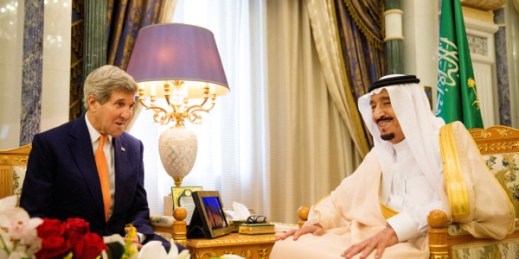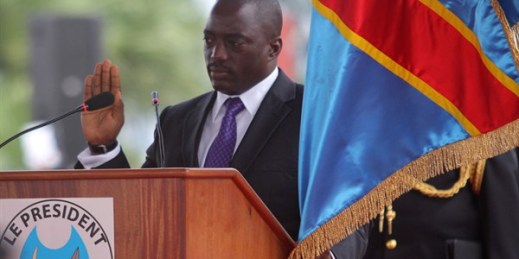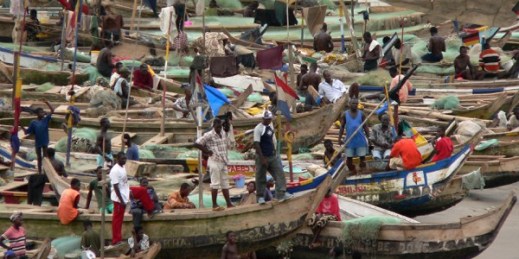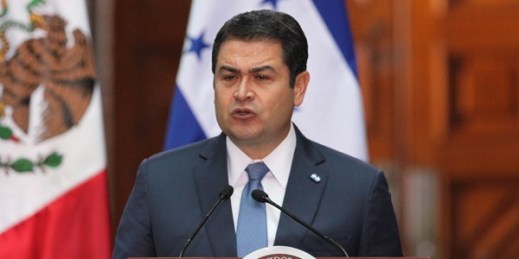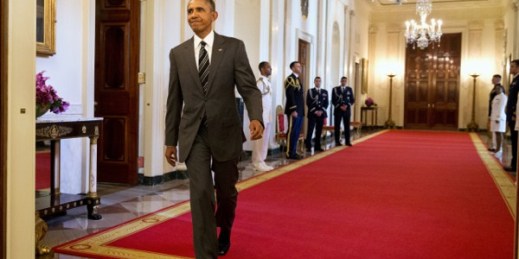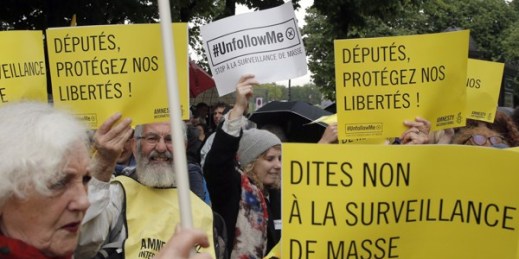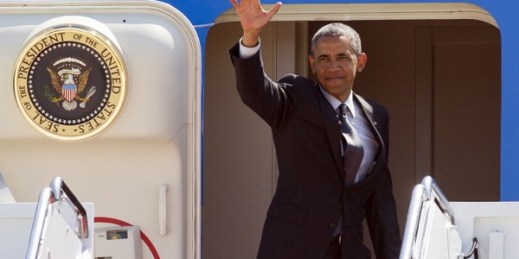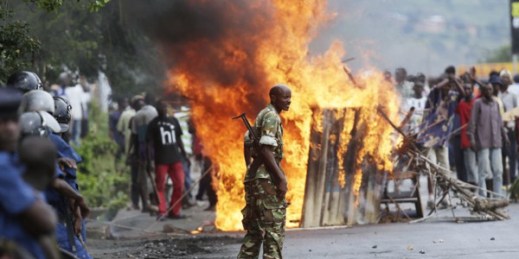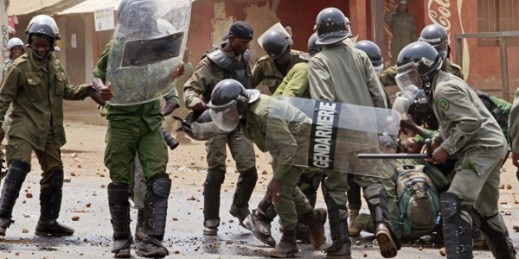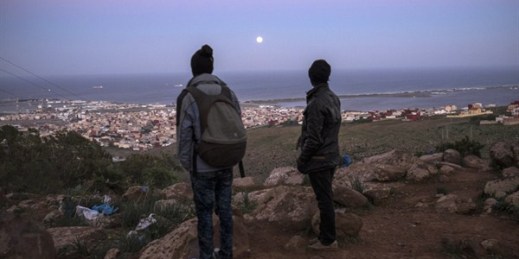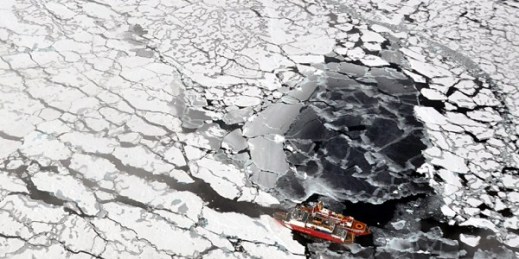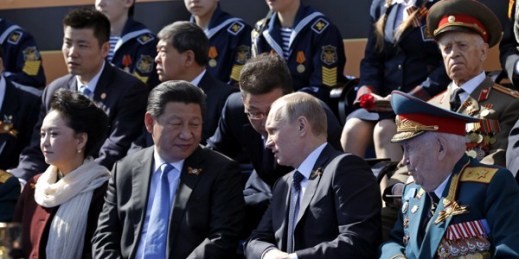
One of the most noteworthy aspects of the May 9 Victory Day celebrations in Moscow marking the 70th anniversary of the Soviet defeat of Nazi Germany is how much Russian President Vladimir Putin and Chinese President Xi Jinping emphasized their two countries’ historical and other ties. Although Russian and Chinese officials no longer profess ideological solidarity based on a shared Marxist-Leninist ideology, their statements have displayed a remarkable harmony of ideas and expression. In practice, their political systems also more closely resemble each other, exposing shared vulnerabilities. Chinese presidents had attended Victory Day parades in 2005 and 2010, but this […]

